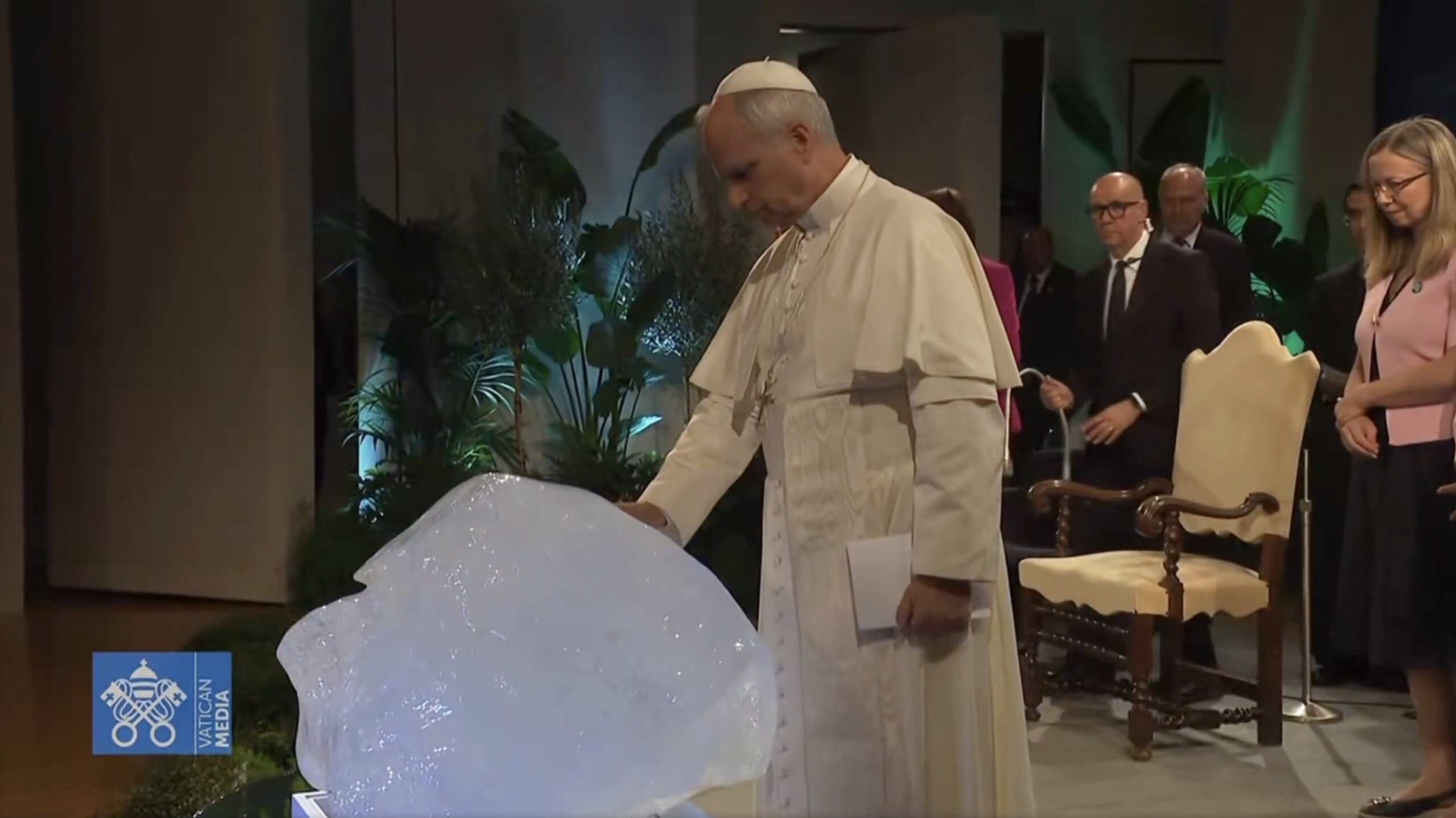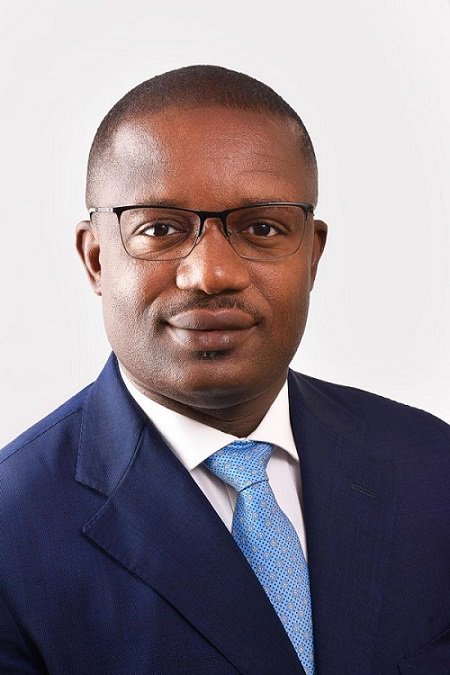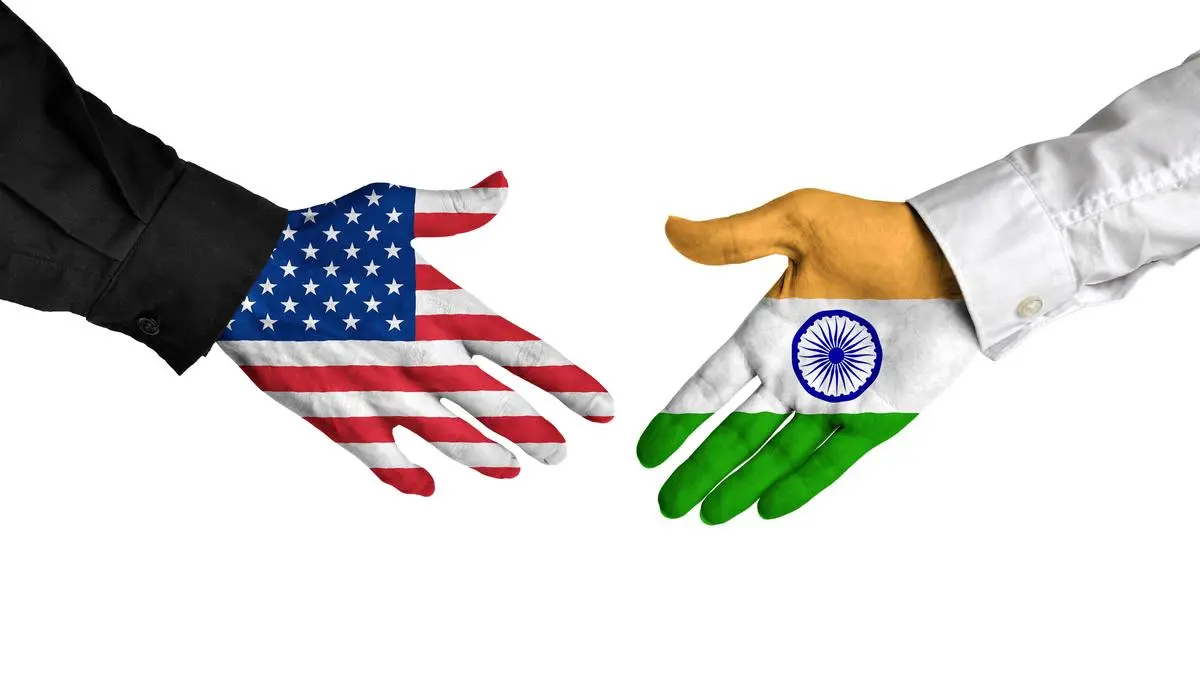Woke Pope Leo XIV Blesses a Block of Ice as Climate Activists Perform ‘Earth-Worshipping Ritual’ (VIDEO)

Pope Leo XIV:
We must shift from collecting data to caring, and from environmental discourse to an ecological conversion that transforms both personal and communal lifestyles. For believers, this conversion is, in fact, no different from the one that orients us towards the living God.
We cannot love God whom we cannot see while despising His creatures. Nor can we call ourselves disciples of Jesus Christ without participating in His outlook on creation and His care for all that is fragile and wounded.
Dear friends, let your faith inspire you to be bearers of the hope that comes from recognizing the presence of God already at work in history. Let us recall how Pope Francis described St. Francis of Assisi: he lived in simplicity and in wonderful harmony with God, with others, with nature, and with himself.
He shows us just how inseparable the bond is between concern for nature, justice for the poor, commitment to society, and interior peace. May each of us grow in these four relationships—with God, with others, with nature, and with ourselves—through a constant attitude of conversion.
Integral ecology thrives on all these relationships. Through our commitment to them, we can grow in hope by living out the interdisciplinary approach of Laudato Si’ and the call to unity and collaboration that flows from it.
We are one family with one Father who makes the sun rise and sends rain on everyone. We inhabit the same planet, and we must care for it together.
I therefore renew my strong appeal for unity around integral ecology and for peace. It is encouraging to see the variety of organizations represented at this conference, as well as the wide array of organizations that have joined the Laudato Si’ Movement and the platform for action.
Moreover, Pope Francis emphasized that the most effective solutions will not come from individual efforts alone, but above all, from major political decisions on the national and international levels. Everyone in society, through non-governmental organizations and advocacy groups, must put pressure on governments to develop and implement more rigorous regulations, procedures, and controls.
Citizens need to take an active role in political decision-making at national, regional, and local levels. Only then will it be possible to mitigate the damage done to the environment. Local legislation will also be more effective if neighboring communities support the same environmental policies.
It is my hope that the upcoming international summits of the United Nations—the 2025 Climate Change Conference (COP30), the 53rd Plenary Session of the Committee on World Food Security, and the 2026 Water Conference—will listen to the cry of the Earth and the cry of the poor, families, indigenous peoples, involuntary migrants, and believers throughout the world.
At the same time, I encourage everyone—especially young people, parents, and those who work in local and national administrations and institutions—to play their part in finding solutions for today’s cultural, spiritual, and educational challenges, always striving tenaciously for the common good.
There is no room for indifference or resignation.



